The digital revolution, including the ability to delivery pristine audio instantly over the Internet directly to consumers, has been a boon for some independent musicians that have been able to capitalize and would otherwise never have had the chance for mass distribution. For many others, having an online presence might have gotten them a bit of exposure, but has not lead to many sales, causing them to lose faith in the self-distribution model.
However, since some bands are doing a respectable amount of business online without much label support, it obviously is possible to achieve success by selling directly to fans. So what do these artists do differently? What is the secret sauce in how to sell music online? The answer is to build an online community around your music using social networking.
Social media is effective due to the sheer volume of people who use its various platforms daily. It allows you to expose your music to millions of people and therefore get them to engage with you. Plus, your own fans spread your music for you, helping to build sales organically rather than by spending money.
Here are some specific strategies for how to sell music online using social media:
- Facebook. The current king of social media, Facebook is rapidly approaching one billion users. The key to tapping into that user base is to post regularly, at least two to three times per week. The more exclusive and personal the content, the better, as Facebook users expect an intimate experience.
- Twitter. Tweet breaking news, opinions about industry happenings, funny quips, and discounted or free song offers. Tweet several times per day.
- Myspace. This platform has come back from the dead thanks to new ownership, a site redesign and wide adoption by musicians. Myspace is better for holding evergreen content than Facebook, so upload your photos, videos, podcasts and mp3s here.
- Youtube, Vimeo, et al. Video is one of the most shared elements on the web, so capitalize on this by posting music videos, behind-the-scenes tour footage, personal vlogs, recording session footage, unplugged versions of songs, etc.
- Blogs. Write about your experiences on tour, provide recording and gear tips, talk about your lyric-writing process, etc. Blog posts should provide an in-depth view into your world and allow fan comments for maximum engagement.
One last tip: connect with other like-minded artists through guest blogs, tagging them in posts and pictures, retweeting them, mentioning them on Facebook, and even uploading a quick interview with them recorded on your smartphone. Each mention and collaboration will connect you with their fans, potentially making them your fans as well.
As you can see, building a community of fans and followers online is an excellent, low cost solution for the “how to sell music online” question that many struggling musicians face. It can also be quite fun, as instead of dealing with corporate suits and marketing teams that might not “get” their ideals and message, musicians get to engage directly with the most important people — their fans.



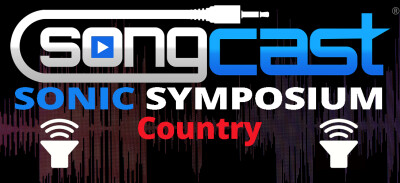
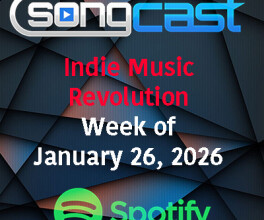



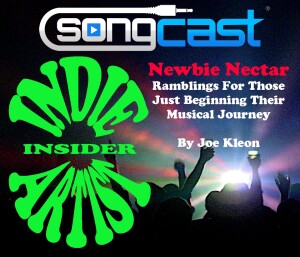

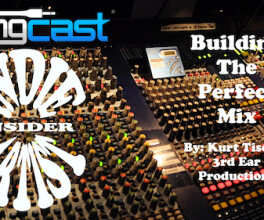
































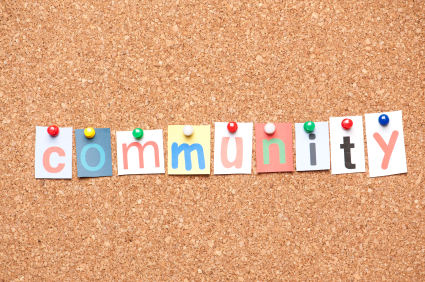
Comments
No comment